Blogging is amazing — but it also opens tiny digital doors where your personal info can slip out without you even noticing.
And yes, even beginners face these risks from the very beginning when they don’t rely on proper blogging maintenance and safety.
Let’s fix that.
Here are the simplest, most beginner-friendly ways to protect your privacy as a blogger so you can write freely without worrying about your home address or login credentials floating around the internet like confetti.
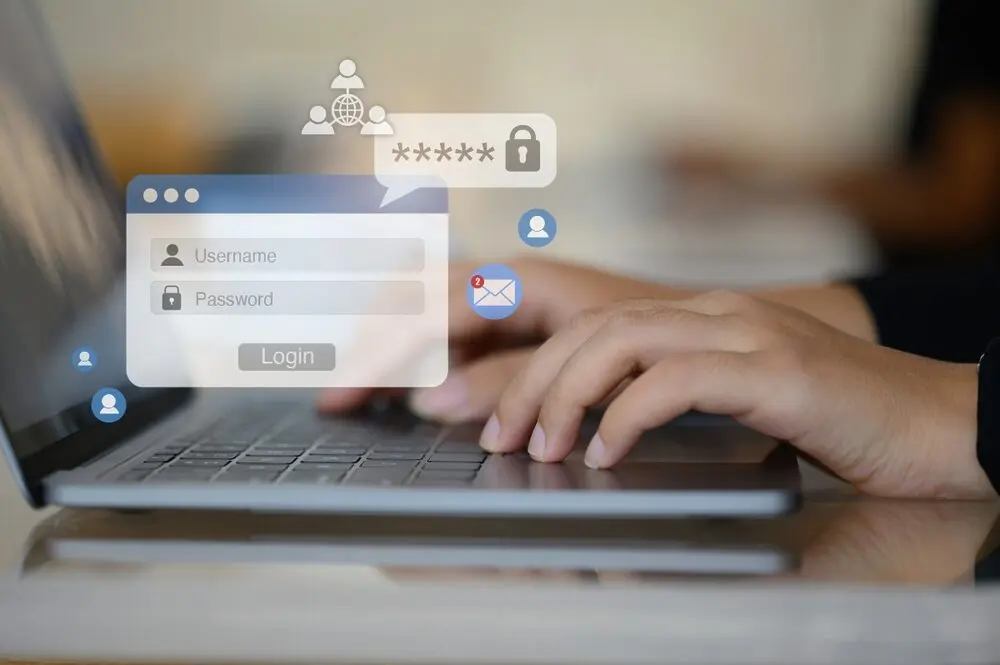
Want to start a blog?
Get reliable web hosting with WordPress pre-installed with DreamHost!
It’s only $2.99/mo + you get a free domain name on yearly plans 👀
1. Enable Domain Privacy (WHOIS Protection)
When you purchase a domain, ICANN requires that you provide your name, address, phone number, and email. And unless you hide that info, it becomes public through a free WHOIS lookup.
Anyone — stalkers, bots, your high school ex — can see it.
Domain privacy solves that. It replaces your details with your registrar’s generic contact info.
Why it matters:
- Your real name and address stay hidden
- Spammers and scammers can’t scrape your details
- It’s essential if you want to blog anonymously
Most registrars charge $12–$30/year, but some (like DreamHost) include it for free.
2. Use a Password Manager + Enable 2FA Everywhere
Weak or reused passwords are one of the top ways hackers break into accounts — and once someone gets into ONE of your accounts, they can usually get into others.
A password manager solves the whole problem by:
- Creating strong, unique passwords
- Storing them in an encrypted vault
- Auto-filling them so you never reuse the same weak password again
Then add 2FA (two-factor authentication) on top — especially for:
- WordPress
- Social media
- Your hosting account
With 2FA, even if someone gets your password, they still can’t log in. It’s the easiest “I sleep better at night” upgrade you can make.
Password manager + 2FA = chef’s kiss level of security.
3. Be Picky With What You Share Online
You don’t need to blog in a bunker, but you do need boundaries.
Sharing personal stories is great for building trust — but oversharing makes you easier to track, target, or doxx.
A few sanity-saving privacy tips:
- Keep personal Facebook profiles private (especially family, employer, and location info).
- Avoid real-time location posts.
- Don’t share kids’ schools, uniforms, or routines.
- Watch your inbox — phishing is still one of the biggest attack methods.
- Separate personal and professional social media (your blog does not need your uncle commenting “so proud!!” under every post lol).
Remember: once something is online, you can’t fully control who sees it.
If you share high-earning posts or income reports, consider:
- Making them subscriber-only
- Using private pages
- Removing exact location or financial details
You can be relatable and safe — they’re not mutually exclusive.
Small changes = huge privacy wins.
4. Protect Your Email (Your Blog’s Master Key) 🔐
This one is quick but critical.
If someone gets access to your email, they don’t need to hack your blog at all.
They can simply reset the passwords for everything tied to it — hosting, WordPress, analytics, social media, affiliate accounts, you name it.
Email is the master key. Lose it, and the rest falls like dominoes.
Here’s how to lock it down without overcomplicating things:
- Use a dedicated email address just for your blog (not your personal inbox).
- Enable two-factor authentication (2FA) immediately.
- Use a strong, unique password stored in your password manager.
- Never publish your login email publicly (contact forms exist for a reason).
- Be extra cautious with “account issue” emails — phishing almost always starts here.
It’s not dramatic. It’s just smart maintenance.
Protect your email, and you automatically protect everything connected to your blog.
5. Get a Virtual Mailbox or Virtual Address
If you run your blog as a business, you often need a physical address for tax-related setup or email marketing tools. But using your home address? Hard pass.
A virtual mailbox gives you:
- A real, professional address
- Mail forwarding (super useful for digital nomads)
- A layer of privacy between you and the internet
It’s one of the easiest ways to keep your real location off the grid while still looking professional.
Extra: Use a VPN to Hide Your IP Address
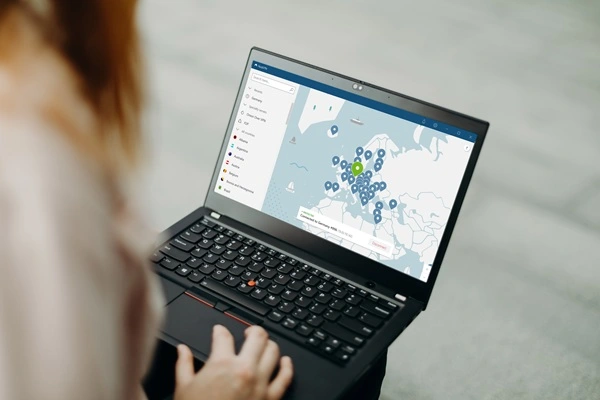
Blogger privacy isn’t just about anonymity — it’s also about preventing access, leaks, and unwanted exposure
Your IP address reveals your approximate location (city, ZIP, region) and can be used for targeted attacks. Even something as innocent as commenting on a blog exposes it and can harm your blog’s security.
A VPN hides your IP by encrypting your connection and routing it through secure servers.
What that means for you:
- Your real location stays private
- Your WordPress admin login becomes harder to hijack
- You’re safer on public Wi-Fi (airports, cafés, hotels)
- Your entire household can stay protected
If you blog from multiple places (or love cafés), a VPN, such as NordVPN, is basically digital armor.
Final Thoughts: Protect Your Privacy as a Blogger with Confidence 🌐🔒
You don’t need to be paranoid — you just need smart, simple protections in place:
- Use domain privacy
- Secure your accounts with a password manager + 2FA
- Share carefully
- Hide your IP address with a VPN
- Get a virtual mailbox
Blogging should feel fun and safe. With the right setup, you can write boldly, connect deeply, and protect your personal information at the same time.
FAQ
Yes. Even small or beginner blogs collect logins, emails, analytics data, and public-facing information. Without basic privacy protections, bloggers can expose their personal details, become targets for spam or hacking, or risk doxxing as their site grows. Privacy is part of long-term blog maintenance, not just a “big blog” problem.
Bloggers should avoid sharing home addresses, personal phone numbers, login emails, real-time locations, children’s details, daily routines, or sensitive financial information. Once published, this data can be scraped, misused, or targeted — even years later. When in doubt, keep it vague or private.
→ Read Next:
Plan a Successful Blog in 2026 Without Overthinking Every Step


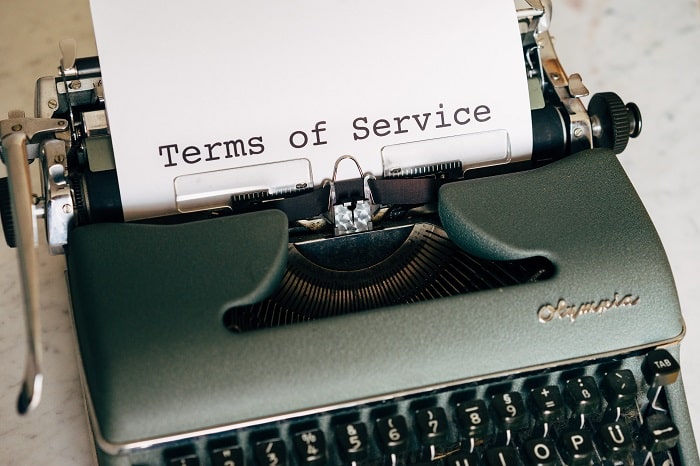
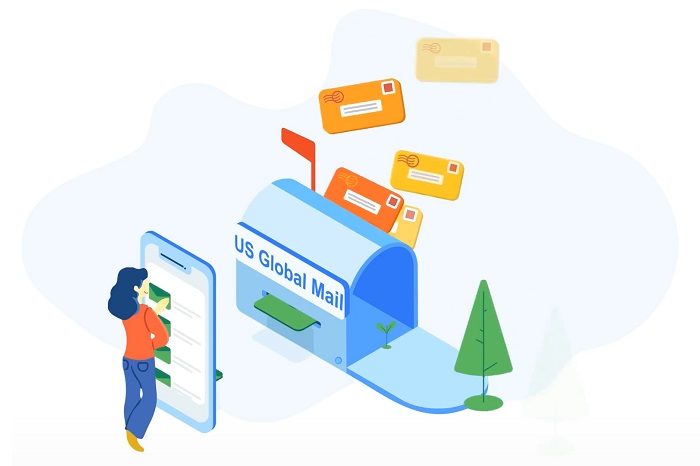


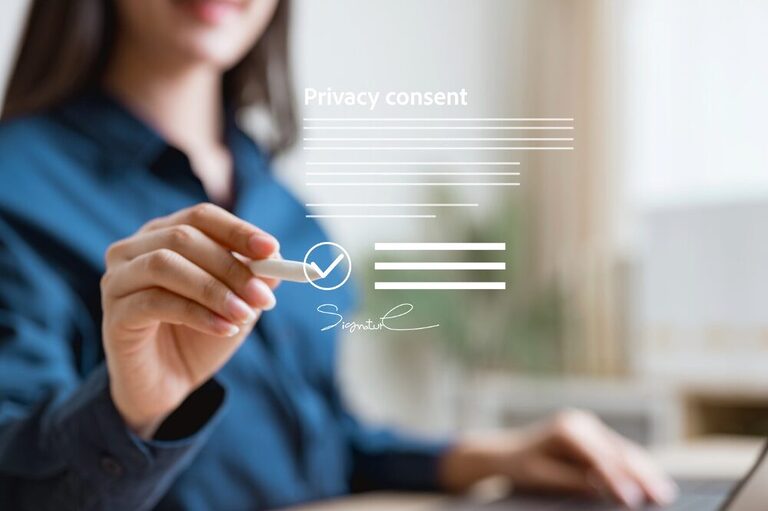
2 Comments